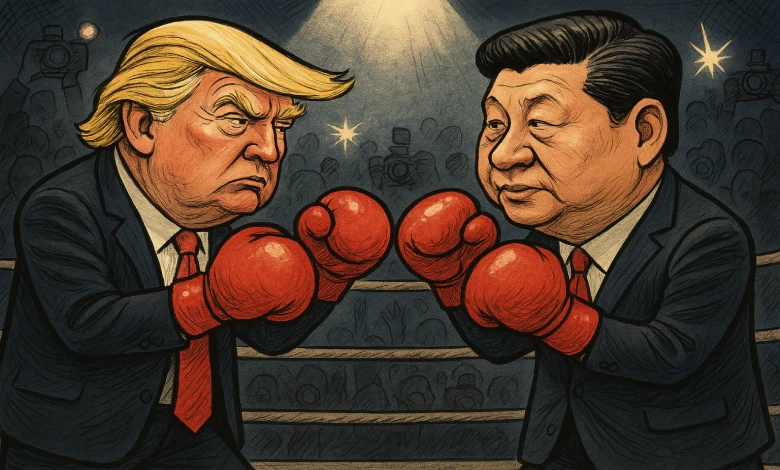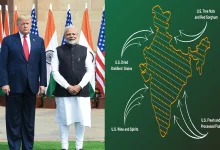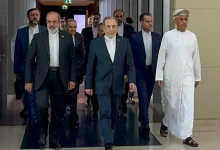China Seeks Allies as US Tariff War With Beijing Escalates

Beijing: As the United States ramps up its tariff offensive, China is actively seeking international support to counter President Donald Trump’s trade war strategy. The outreach effort, however, is receiving mixed responses, with several nations reluctant to align with Beijing amid growing global economic tensions.
Facing market instability, President Trump announced a 90-day suspension of new tariffs for most countries on Wednesday, signaling a readiness to negotiate. However, he sharply increased tariffs on Chinese imports to 125%, intensifying the dispute. In response, China enacted 84% tariffs on American goods starting Thursday, vowing to resist pressure without meaningful dialogue.
Trump’s move appears designed to isolate China, turning a broad trade conflict into a direct confrontation between the two superpowers. In contrast, Beijing has focused on diplomacy, particularly with Europe. Chinese Premier Li Qiang held talks with European Commission President Ursula von der Leyen, emphasizing cooperation. According to the state-run Xinhua News Agency, both sides reaffirmed their commitment to strengthening trade and investment ties.
Additionally, Chinese Commerce Minister Wang Wentao spoke with EU Trade Commissioner Maroš Šefčovič in a virtual meeting to address Washington’s “reciprocal tariffs.” Wang condemned the U.S. tariffs as violations of World Trade Organization rules, labeling them “unilateralism, protectionism, and economic bullying.”
Wang reiterated that China remains open to resolving issues through negotiation but warned it is prepared for prolonged confrontation if the U.S. continues its aggressive stance. China is also in dialogue with the Association of Southeast Asian Nations (ASEAN), and Premier Li has assured business leaders of policy support amid uncertainty.
Despite these efforts, not all countries are open to forming alliances with Beijing. Australian Prime Minister Anthony Albanese emphasized his country’s independent stance, affirming support for “free and fair trade” while maintaining a measured distance from China.
Australia and China have had strained ties since 2020, following Canberra’s call for an investigation into the origins of COVID-19, which led to Chinese trade restrictions. Similarly, India has reportedly declined China’s offer for cooperation, and Russia, a traditional ally of Beijing, has been excluded from Trump’s tariff list.
Southeast Asian economies like Vietnam and Cambodia face a dilemma: they gained from earlier supply chain shifts away from China but now struggle under the weight of new U.S. tariffs. Many rely heavily on American markets and operate on tight margins, leaving them few alternatives.
While Trump had earlier dismissed the idea of a tariff pause, the White House is now set to begin individual negotiations with affected nations. In the meantime, a 10% tariff remains in place for countries where steeper rates were temporarily suspended.




